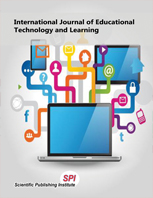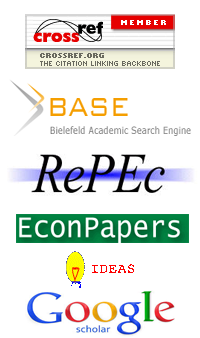Effectiveness of PBL through Concept Map to Improve Problem Solving Skills of Primary School Students
DOI:
https://doi.org/10.20448/2003.22.41.47Keywords:
PBL, Concept map, Problem solving skill.Abstract
Effectiveness of PBL Through Concept Map to Improve Problem Solving Skill of Primary School Students, 2017. This research aims to knowing the effectiveness of Problem Based Learning (PBL) through concept maps as to improve problem solving skill for primary school students. Research conducted in March-June 2016 at a primary school in Surakarta The method in this research is the research experiments with models of post test only control design. The study subjects consisted of three schools as a control group and three schools as experimental groups. Uji effectiveness using independent t-test to tell the difference between a group test results mean experimental and control group. The results of the independent t-test between experimental group and the control group on three pairs of States that t count is larger than the t table.The results of the independent t-test between eksperiment 1 and control 1 tcalculate 5.065>table t = 2.000. The results of the independent t-test between eksperiment 2 and control 2 tcalculate 8.341>ttable1.990.The results of the independent t-test between eksperiment 3 and control 3 shows tcount 5.262>ttable 2.000. The third pair of shows there is a significant difference between the group's experiments with the control group, then the stated learning is more effective than with the learning of problem solving.


